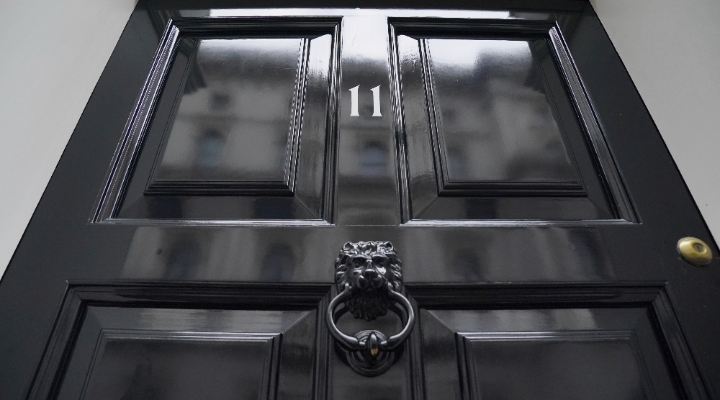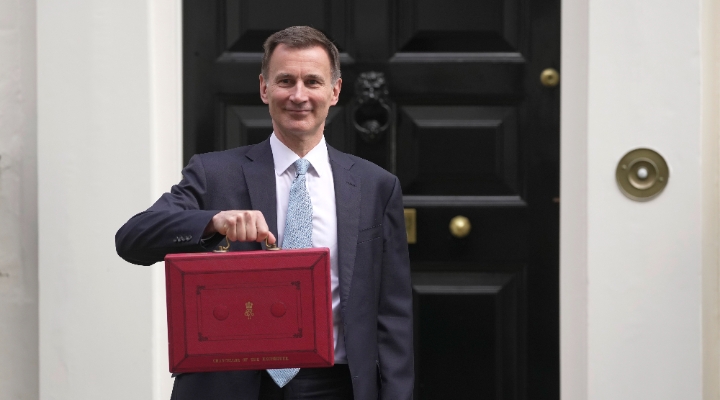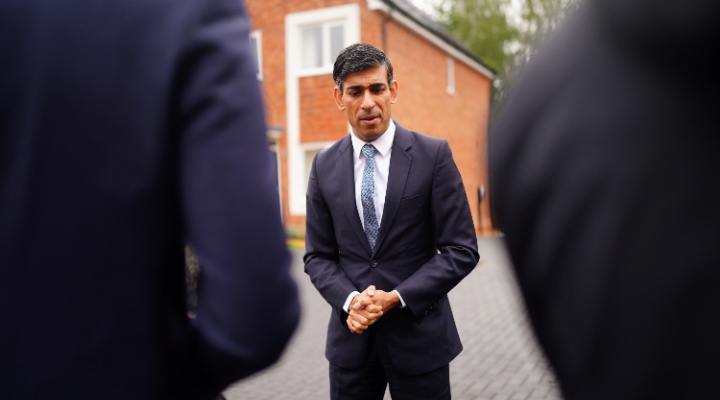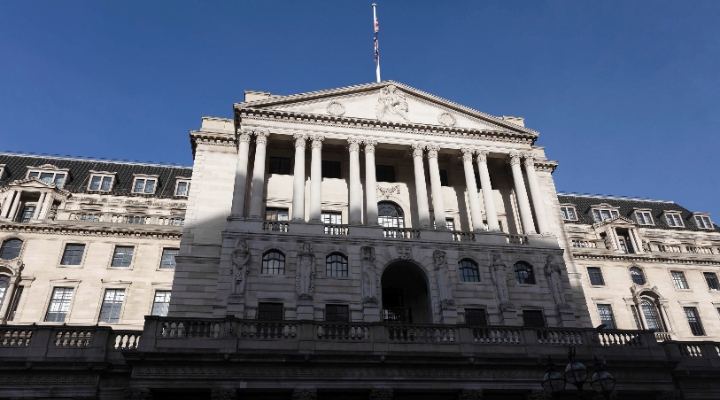
Hopes that the UK economy may be at the end of a long-term gross domestic product (GDP) stalemate have risen following data from the Office for National Statistics (ONS) suggesting growth is now in positive territory.
Despite the decline in economic output at the end of 2023, UK GDP grew 0.2% on-month in January, the ONS said today. In the final quarter of 2023, it had been feared the UK economy was already in recession.
When Will the Bank of England Cut Rates?
Michael Field, European Market Strategist at Morningstar, says this most recent data could mean the UK has already moved on.
"To put this number into perspective, the UK economy has effectively been at a standstill for the last 12 months, with the government's own forecasts pointing to growth of less than 1% in 2024," Field says.
However, he also believes the UK economy is not yet out the woods.
"Inflation in the UK remains high, at almost twice the bank of England's targeted level [of 2%]; however, central bankers are walking a tightrope in balancing the danger of persistent inflation with a weak economy.
"Interest rates sit at 16-year highs, which gives central bankers some room for manoeuvre at least. We expect a rate cut sooner rather than later."
The ONS also found industrial production had declined 0.2% from December. It had experienced a boost of 0.6% at the end of last year.
Meanwhile, imports rose 1.4% to £72.39 billion from over £71 billion a month earlier, and exports rose at a slower pace month on month of 0.7% to £69.26 billion from over £68 billion in the same period.
Room for Disagreement on UK Rate Cut
Lindsay James, Investment Strategist at Quilter Investors, agrees the ONS' figures could represent the start of a slightly more positive period for the UK. But she disagrees with Field on the timing of a rate cut.
"Inflation is expected to fall in the coming months, due in part to a lower energy price cap which could help alleviate the pressure on UK households and support the recovery of the consumer-driven economy," she says.
"For now, economic conditions remain relatively tough, and GDP in January was still 0.3% lower than the same month a year ago.
"The recent Budget highlighted the tightrope that the government must walk in balancing the growing needs of departments with the desire to lower taxes, leaving little scope for fiscal stimulus. This therefore leaves the Bank of England under pressure to soon play its part in driving economic growth by cutting interest rates.
"This slight uptick in monthly GDP does little to reduce that pressure, but we can expect it to stand firm for a while longer yet."
At the Budget last week, chancellor Jeremy Hunt outlined the Office for Budget Responsibility's assessment that, contrary to the Bank of England's own more pessimistic predictions, inflation would hit target this year.




























